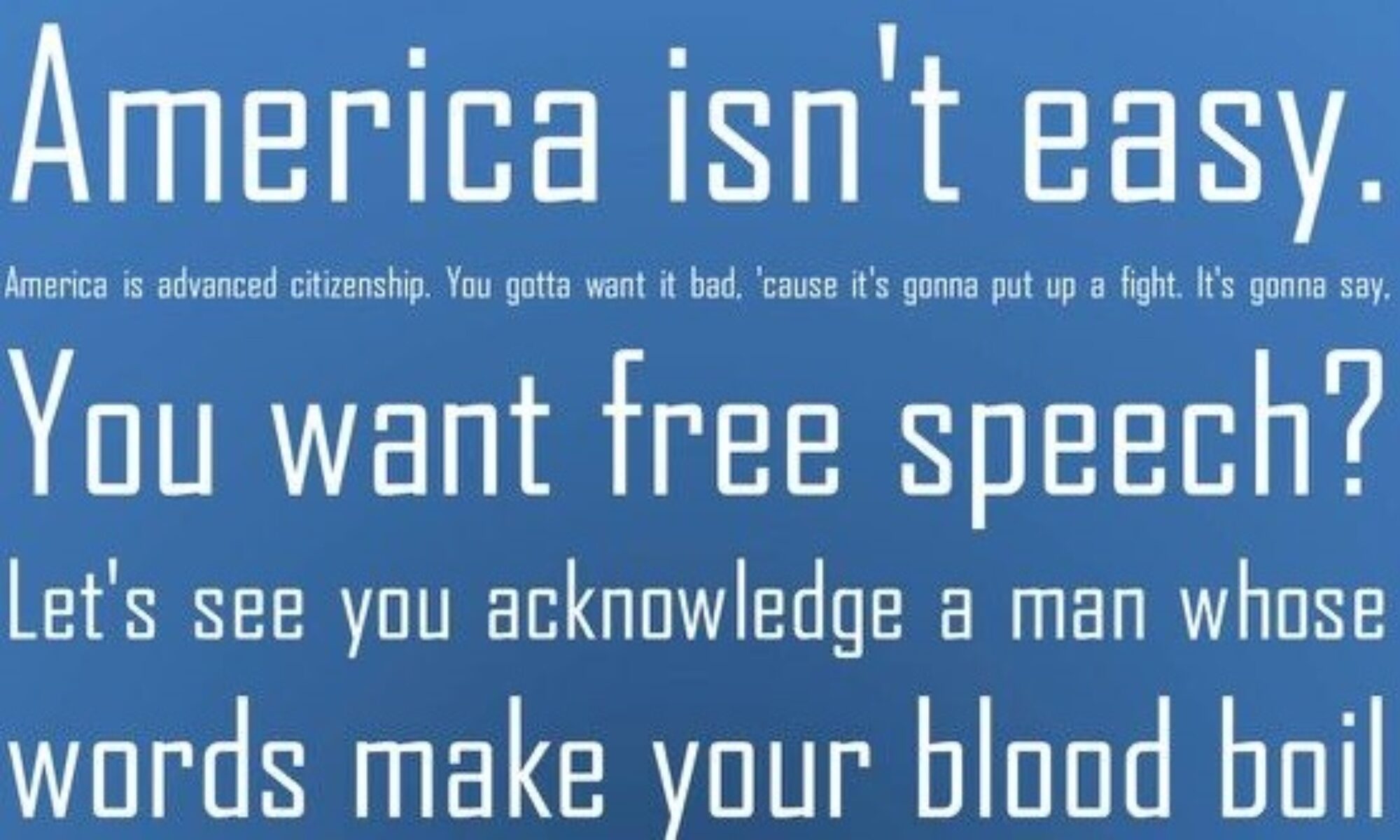“You know the problem with you people . . .” the speaker, an appointed Vallejo official with whom I was having a spirited discussion concerning one of my published opinions, let his voice trail off. After a few seconds his tone changed and he admitted that the public sharing of this type of information was how problems in government were uncovered. My opinion piece was critical of an expensive decision made by his board and in truth it just plain felt like he did not like his decisions being questioned.
Sometime later I sent him this quote from James Baldwin: “I love America more than any other country in the world, and, exactly for this reason, I insist on the right to criticize her perpetually. I think all theories are suspect, that the finest principles may have to be modified, or may even be pulverized by the demands of life, and that one must find, therefore, one’s own moral center and move through the world hoping that this center will guide one aright.”
He responded: “It is interesting to me how different it sounds now, as I sit in a position of making policy, from how it sounded when I was solely effected by policy. It is an important lesson to remember.”
Our country was founded by debate. Our legal system is specifically designed to encourage debate. Our judicial system requires advocates to argue for both the Proponent and Opponent, of any action. These to be heard and decided by third parties. Whether they be judges or jury. We often, if not always, pair words like: Pro and Con, Back and Forth, Profit and Loss, the latter most often followed by . . . wait for it . . . the word: Analysis. Debate, honest debate, good debate requires research, critical thinking, logical reasoning, empathy and a certain quality of articulation.
The voice of dissension, plays a critical role in our democratic society. I can relate to being resistant to having my decisions questioned. As a business owner, I am the one who carries the legal and financial risk of the decisions made. There are times when those, whom I may feel do not have the same knowledge or experience that I do, make comments on my business practices and it, well, can ruffle my feathers. Quick story: A man wanted to start a new church in a neighborhood that he recently moved into. One Saturday he set about walking his neighborhood at large, knocking on doors and asking, “Do you go to church?” To those who said yes he merely thanked them and said goodbye. When he came across someone who said no, he asked one simple question, “What is the reason why you do not attend church?” He was openly looking for negative feedback, Ways that he could improve the church going experience for these people. Eventually his church became the largest in Southern California. The lesson: seek out opposition to your thinking.
Scott Page, professor at University of Michigan in complex studies, political science and economics makes a simple statement. I paraphrase: “Every decision is made better with more input/information.” Not some, every decision is made better, if only incrementally.
Our own form of City government only allows Council Members and appointed officials to ask questions, clarifying questions, of staff, not to direct them. By asking thoughtful, researched, clarifying questions a public official can either support the other side’s argument or expose its weaknesses. The very nature of the questions should help guide the presenter, should they choose not to ignore them. (The challenge I had on the Planning Commission was that sometimes my questions would not be answered accurately or completely. This caused strife between the staff and myself. I too felt that sometimes they did not like their decisions being questioned by a citizen.)
The voice of dissension comes in many forms: A citizen standing nervously in front of Council sharing their thoughts; a council member asking questions that essentially asks the staff to explain their reasoning, like showing your work on a math test. What is the logic path you followed to make this decision? ; a public protest whether it be silent or vociferous; a vote at the ballot box, which is coming soon for us in Vallejo; or an Op/Ed piece written in the local media. Each has its place. Each is indispensable in our form of government.
While I can empathize with how uncomfortable it may be to have our decisions questioned, I suggest we, as a community, begin to adopt a feeling of gratitude when someone cares enough, sometimes at the risk of their reputation, to share contrary feedback. The decisions we make as a community will be better for the inclusion.
With Gratitude,
Tommy Judt
